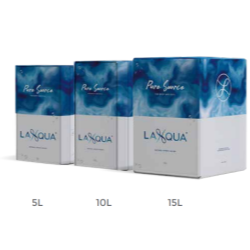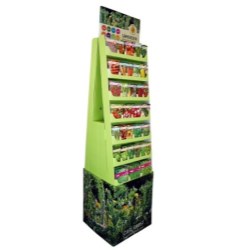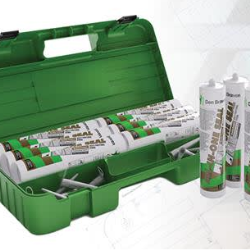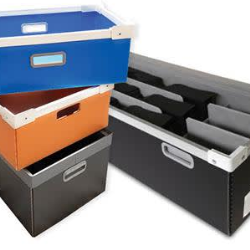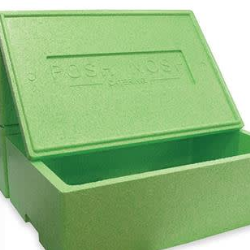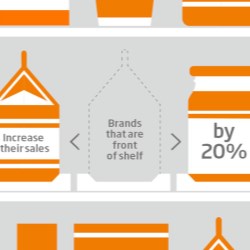If this is your company, CONTACT US to activate Packbase™ software to build your portal.

DS Smith
A leading provider of corrugated & plastics packaging, supported by paper & recycling operations.
We are a leading provider of corrugated packaging in Europe and are present in 34 countries, employing around 25,400 people.
Our story can be traced back to the box-making businesses started in the 1940s by the Smith family in East London. DS Smith originally listed on the London Stock exchange in the late 1950s.
DS Smith at a glance
DS Smith is a leading provider of corrugated packaging in Europe and of specialist plastic packaging worldwide. We operate across 34 countries and employ around 25,400 people.
In order to support our corrugated packaging operations, we have a recycling business that collects used paper and corrugated cardboard, from which our paper manufacturing facilities make the recycled paper used in corrugated packaging. We also design and manufacture certain types of plastic packaging.
Key facts & figures
- Our business started in 1940 by the Smith brothers in London
- Today we employ 25,400 people in 34 countries worldwide
- For the fiscal year 2014/15 we had a revenue of £3,820m
- We have sold over six billion corrugated boxes in 2014/15
Our Strategy
Our customers want broader reaching solutions to their packaging needs; innovation and processes that will help them reduce waste, cost and complexity from their supply chains. By using our expertise from design to production and supply to recycling, we can offer high quality, environmentally friendly, innovative solutions and great service that looks at the whole of our customers’ packaging needs, not just one part.
We call this 'Supply Cycle Thinking'. It is a unified approach to remove complexity from, and simplify, our customers’ supply chains.
Who we are
One of our core objectives is to 'delight our customers’ – this defines the road forward for DS Smith.
We are leading the packaging sector because we understand that we need to create solutions for our customers that look at the whole, not just one part.
Our Promise
Our cross business expertise, from design to production and supply to recycling means we can create solutions that look at the whole, not just one part.
Our unified approach and Supply Cycle Thinking lightens the load of our customers by removing complexity and simplifying supply chains. When we work with our customers to resolve problems, the result is a positive impact on their business, or even a step change in performance.
We build on what we do best
We want to be perceived not only as an excellent packaging manufacturer, but much more. As true Supply Cycle Strategists, we offer a unique holistic approach: Supply Cycle Thinking.
With this commitment to our customers we reduce their complexity by:
- Increasing their sales
- Reducing their costs
- Managing their risks
Through our joined up thinking from design to manufacturing, delivery to recycling, we will take a look at the entire Supply Cycle of our customer ensuring their products perform at their moments of truth.
That's what we're about - less complexity at every point in that Supply Cycle to make our customers successful.
Why we believe in the Power of Less
The world wants us all to do more with less. Increase sales with fewer resources. Boost marketing impact while cutting costs. Innovate more while taking fewer risks. Who do you turn to at a time like this? A company that believes in:
Everybody at DS Smith is obsessed with doing more while using less. Operators on the assembly lines feedback insights for optimising pallets. Consultants clamber inside containers with measuring tapes. Designers add strength while cutting weight.
Circles are simpler than chains. When you think of your supply chain as a cycle, you re-use materials, lower costs and reduce risk. That’s The Power of Less in action.
- Less waste and more recycling
- Less materials and greater impact
- Less cost and increased prosperity
- Less complexity and greater efficiency'






